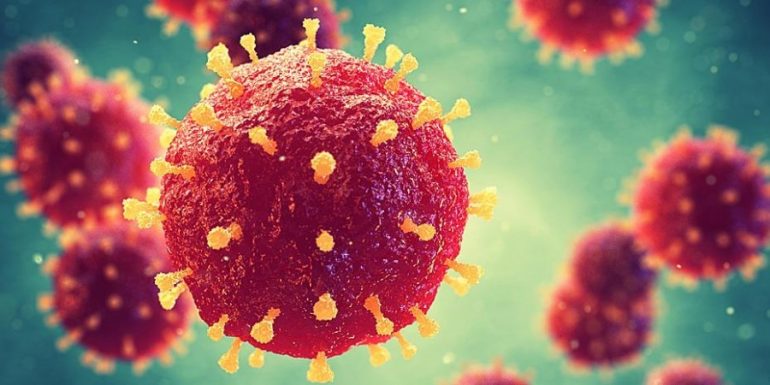New US scientific research provides data on vaccination in combination with disease.
In particular, a new OHSU study has found that either someone gets sick with Covid-19 after being vaccinated or first getting coronavirus and then being vaccinated, this combination - in any time frame - provides equally strong immune protection against a future infection.
The study concluded that the vaccine-infection "twin" provides a form of hybrid "super" immunity that is ten times more potent than pure vaccination.
Researchers at the University of Oregon Health and Science School of Medicine (OHSU) in Portland, who published the study in the journal Immunology, pointed out that this finding does not mean that one should deliberately be exposed to the coronavirus to (which is risky for him and is socially irresponsible), but they believe that every new vaccine infection brings the pandemic one step closer to its end, as it strengthens the level of immunity of the population.
The study looked at 104 people who were fully vaccinated with Pfizer-BioNTech or Moderna, of whom 42 had never been infected with coronavirus, 31 had been infected before vaccination and 31 after vaccination. Blood samples were collected from all and exposed to three different variants of the coronavirus.
It was found that, comparatively, people with "hybrid" immunity due to vaccination and infection (before or after vaccination) had higher levels of immunity than those who were only vaccinated. In addition, while antibody levels usually decrease with age, individuals with "hybrid" immunity do not show a similar decrease.
"It does not matter if someone is infected and then vaccinated or vaccinated and then infected. "In both cases there is a very strong immune response," said Ficandu Tafese, an assistant professor of molecular microbiology and immunology.
Source: kathimerini.gr
